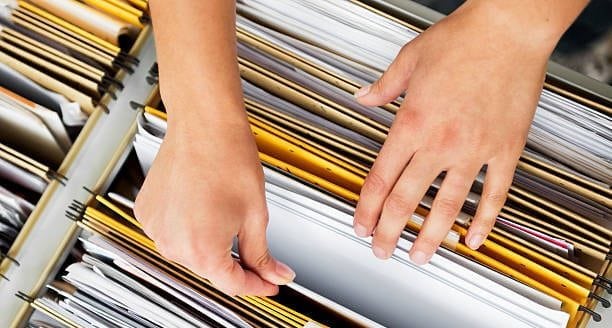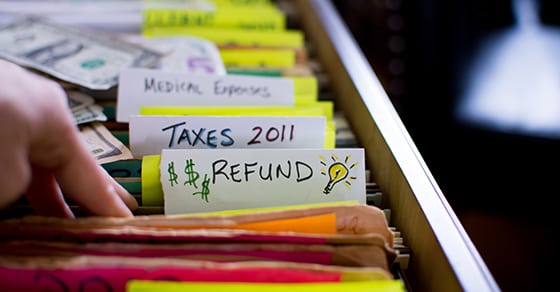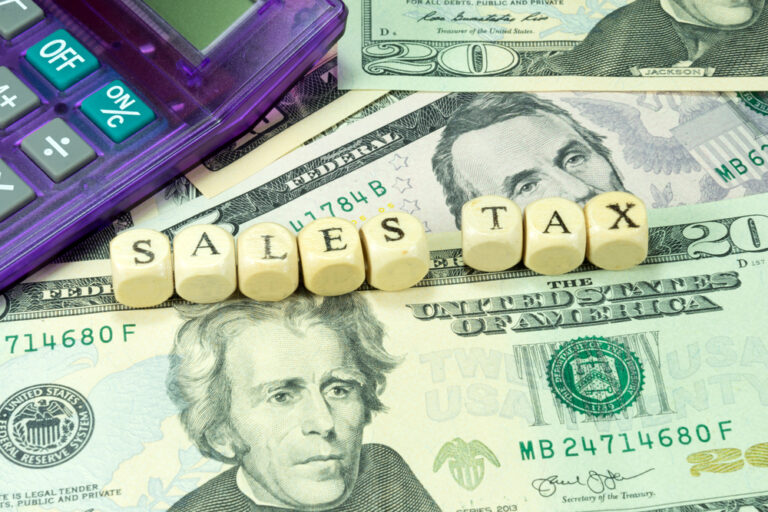They say the only certain things in life are death and taxes. Dark as it may seem, this quote reflects the importance of keeping up with the latest tax changes and requirements. Sure, you pay yours, but how long should you keep the records?

Why Should You Keep Tax Return Copies?
Usually, one would figure that once you paid your taxes, you are automatically registered in the state system. In theory, that’s exactly what happens – but problems may come up along the way.
However, keeping a copy of documents supporting entries on your return can come in very handy. For one, it helps you make amendments to your return, such as claiming a refund or credit. Furthermore, they’re also a good way of getting ready for future tax returns.
If the IRS audits your tax return, you need official records and documents that prove the deductions, credits and income claimed on the return.
If you don’t report at least 25% of your gross annual income, you’ll need to produce tax records and documents for the fix years before the due date.
Lastly, the worst scenario: if you’re accused of committing tax fraud (regardless of reason), there are no limitations for performing an audit.

How Long Should You Keep Tax Records?
It’s best that you keep tax records until the period of limitations for that tax return has expired – which is three years. Of course, you can keep them for as long as you want, but once the three year deadline passed, the documents aren’t absolutely necessary anymore.
Note that if you file tax returns on behalf of a deceased person, the rule stays the same. As for businesses, the limitations are different depending on the situation, so you may need to consult a specialist in this case.




